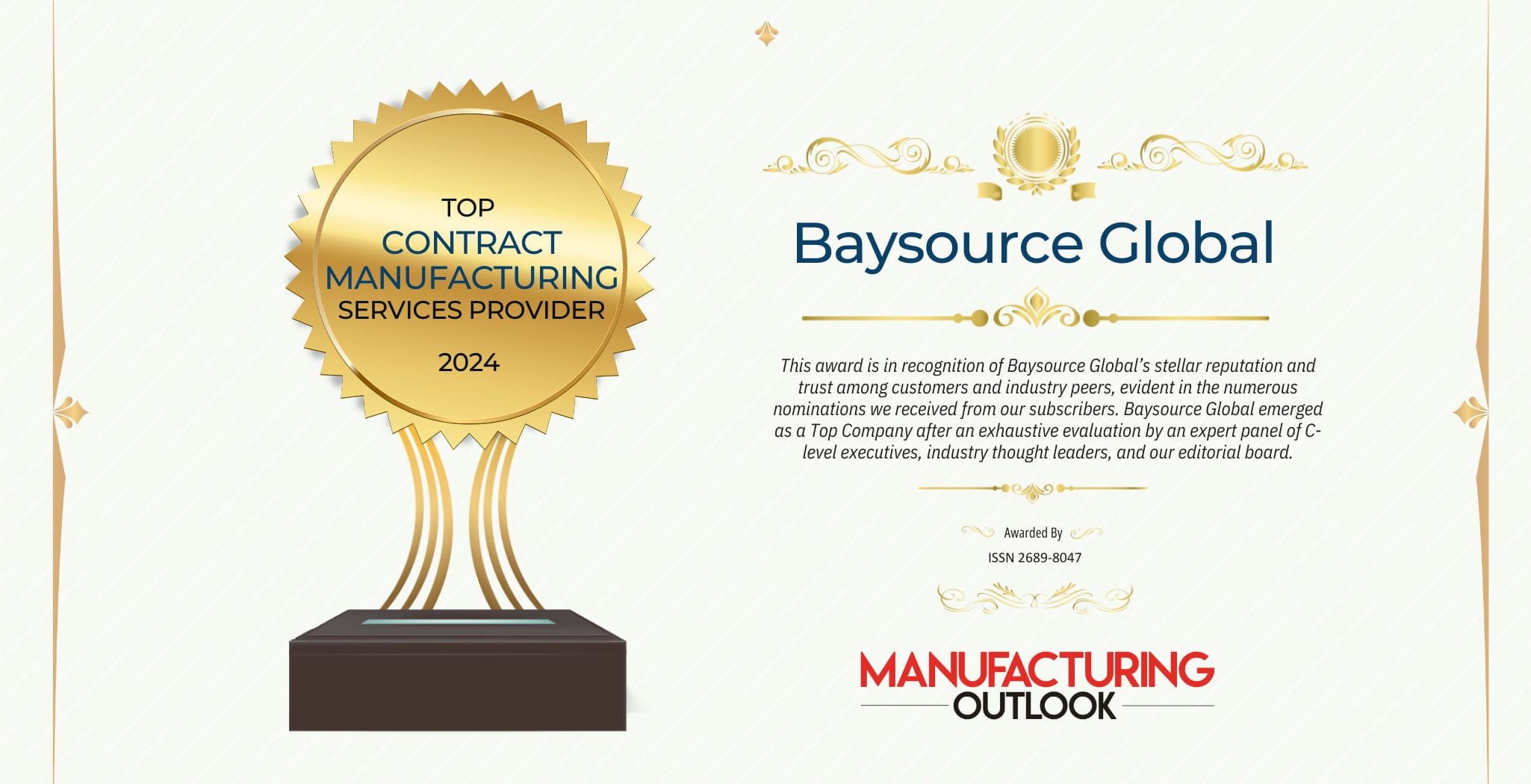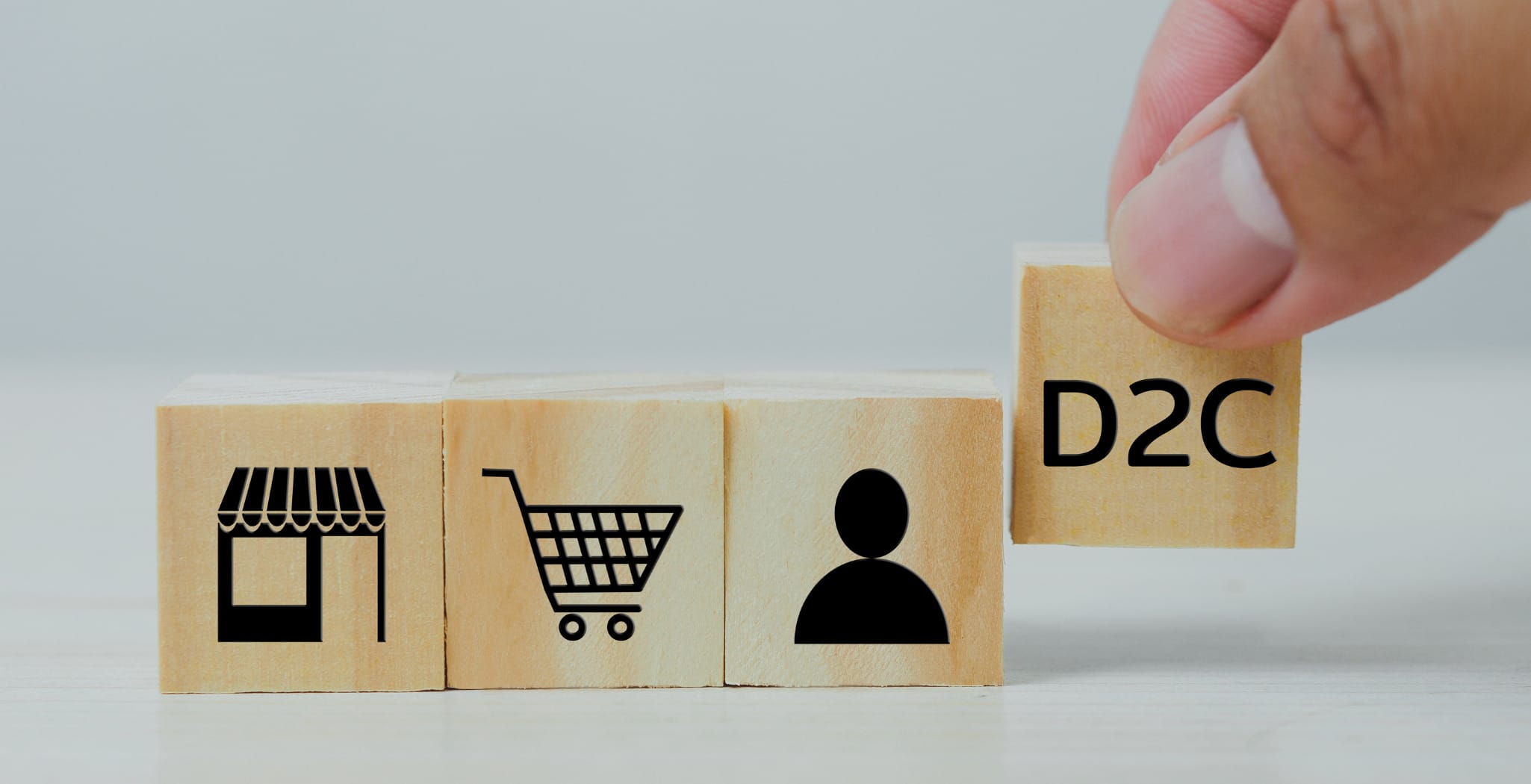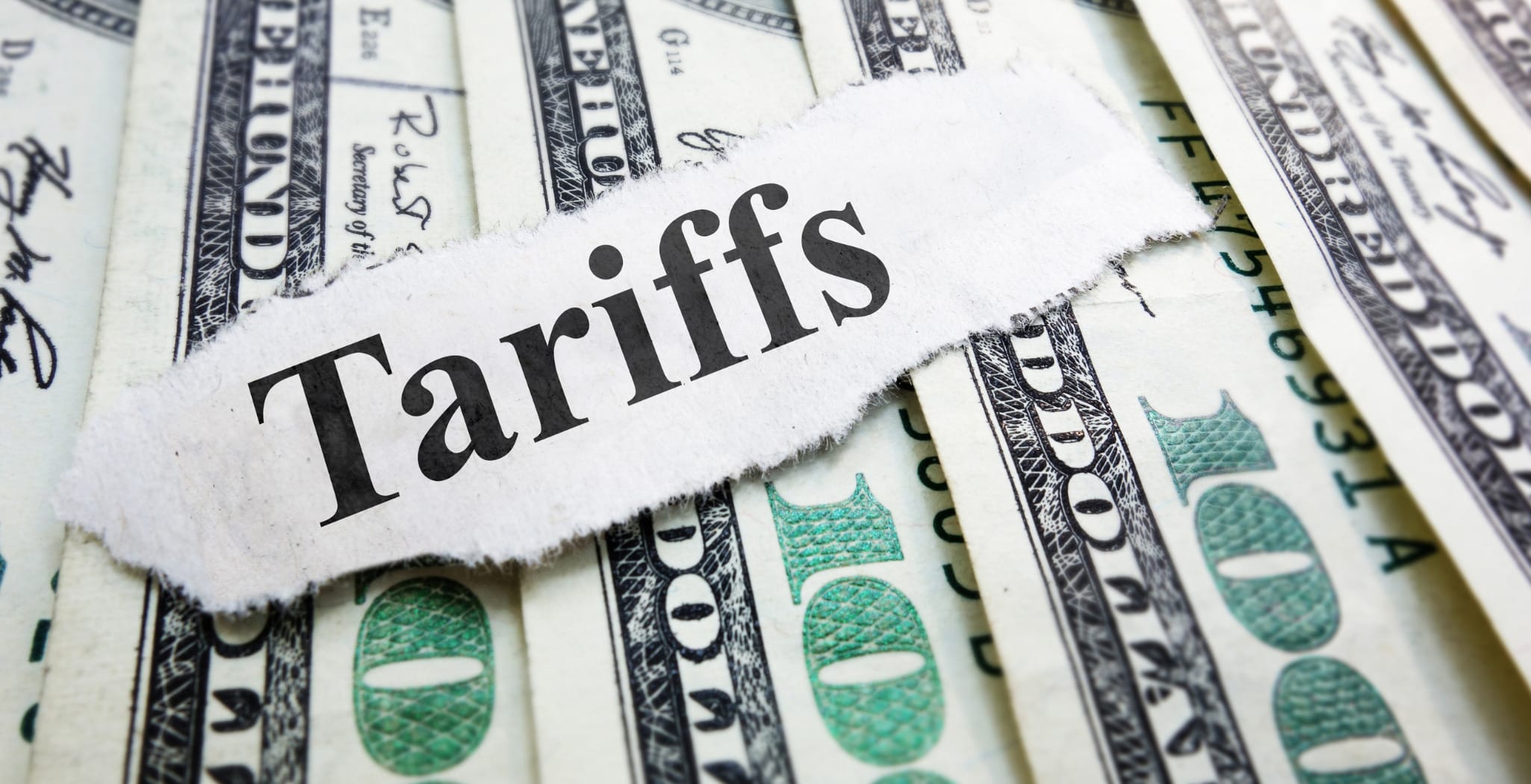Their Shanghai representative now runs an office of eight. He receives a commission for each product he sources himself, and he is paid a fee for maintaining close relationships with each of the factories DealsDirect buy from.
A big part of his job is quality control. He gives factories 3-4 hours out of Shanghai spot checks and arranges for each container load to be randomly sampled before it leaves China’s ports. If faults are found the goods are sent back to the factory.
”We do visit factories and I’ve never seen sweatshops. We wouldn’t deal with sweatshops. We go to professional factories that are impressive by any standards. Quality is important so the goods can’t be manufactured in a backyard,” Greenberg says.
Faulty products do occasionally reach Australian customers, but Greenberg says he has never dealt with a manufacturer that refuses to send replacements in a later shipment.
”If you go in there with the right attitude and work with courtesy you’re not going to be left in the lurch. In any case, the Chinese are looking for repeat business. They don’t want to sell one container, they want to sell 101 and more,” Greenberg says.
For business owners without the resources to hire a Chinese representative, the experts stress the importance of researching the manufacturer you plan to buy from.
”Especially with business to business portals like Ali Baba, it can be difficult to establish the true nature of the person holding themselves out as the manufacturer,” Goodhand says.
Goodhand outlines a common scenario. ”You strike up communication with someone who claims to be a manufacturer, you’re sent a sample and asked whether you like it. If you like it, you’re asked to transfer the money to a bank account and you’re told the goods will arrive soon. After waiting patiently, nothing arrives.
”But the only record you have of the contract of sale is a bank account number and a hotmail address. Impossible to track,” Goodhand says.
The importance of local knowledge and an understanding of business culture cannot be underestimated.
Gaffs are often made by Australian business owners when they jump on a plane to check out the Chinese manufacturer and turn up in board shorts and thongs while claiming loudly that they are the manufacturer’s next biggest client.




Follow Us